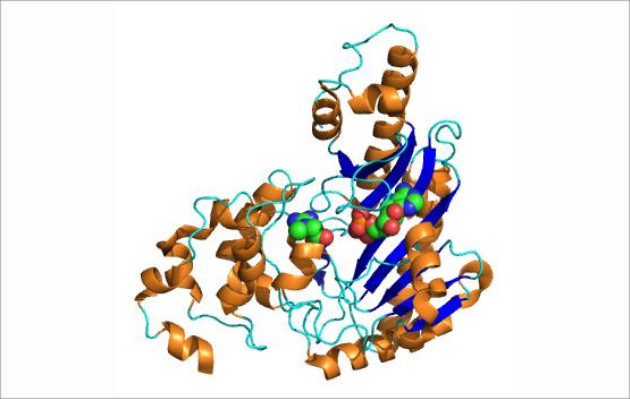
What is a creatine kinase (CK) test?
This test measures the amount of creatine kinase (CK) in the blood. CK is a type of protein, known as an enzyme. It is mostly found in your skeletal muscles and heart, with lesser amounts in the brain. Skeletal muscles are the muscles attached to your skeleton. They work with your bones to help you move and give your body power and strength. Heart muscles pump blood in and out of the heart.There are three types of CK enzymes:
- CK-MM, found mostly in skeletal muscles
- CK-MB, found mostly in the heart muscle
- CK-BB, found mostly in brain tissue
Other names: CK, total CK, creatine phosphokinase, CPK
What is it used for?
A CK test is most often used to diagnose and monitor muscular injuries and diseases. These diseases include:- Muscular dystrophy, a rare inherited disease that causes weakness, breakdown, and loss of function of skeletal muscles. It mostly occurs in males.
- Rhabdomyolis, a rapid breakdown of muscle tissue. It can be caused by a serious injury, muscle disease, or other disorder.
The test can be used to help diagnose a heart attack, though not very often. CK testing used to be a common test for heart attacks. But another test, called troponin, has been found to be better at detecting heart damage.
Why do I need a CK test?
You may need a CK test if you have symptoms of a muscular disorder. These include:You may also need this test if you had a muscle injury or stroke. CK levels may not peak until up to two days after certain injuries, so you may need to be tested a few times. This test can help show if you have damage to your heart or other muscles.
What happens during a CK test?
A health care professional will take a blood sample from a vein in your arm, using a small needle. After the needle is inserted, a small amount of blood will be collected into a test tube or vial. You may feel a little sting when the needle goes in or out. This usually takes less than five minutes.Will I need to do anything to prepare for the test?
You don't need any special preparations for a CK test.Are there any risks to the test?
There is very little risk to having a blood test. You may have slight pain or bruising at the spot where the needle was put in, but most symptoms go away quickly.What do the results mean?
If your results show you have a higher than normal level of CK, it may mean you have an injury or disease of the muscles, heart, or brain. To get more information, your provider may order tests to check the levels of specific CK enzymes:- If you have higher than normal CK-MM enzymes, it may mean you have a muscle injury or disease, such as muscular dystrophy or rhabdomyolis.
- If you have higher than normal CK-MB enzymes, it may mean you have an inflammation of the heart muscle or are having or recently had a heart attack.
- If you have higher than normal CK-BB enzymes, it may mean you have had a stroke or brain injury.
Other conditions that can cause higher than normal CK levels include:
If you have questions about your results, talk to your health care provider.
Is there anything else I need to know about a CK test?
Other blood tests, such as an electrolyte panel and kidney function tests, may be ordered along with a CK test.This health news has been brought to you by the publishers of Health Reviews, Tips and News Website. Visit today for great health tips and reviews.



No comments
Post a Comment